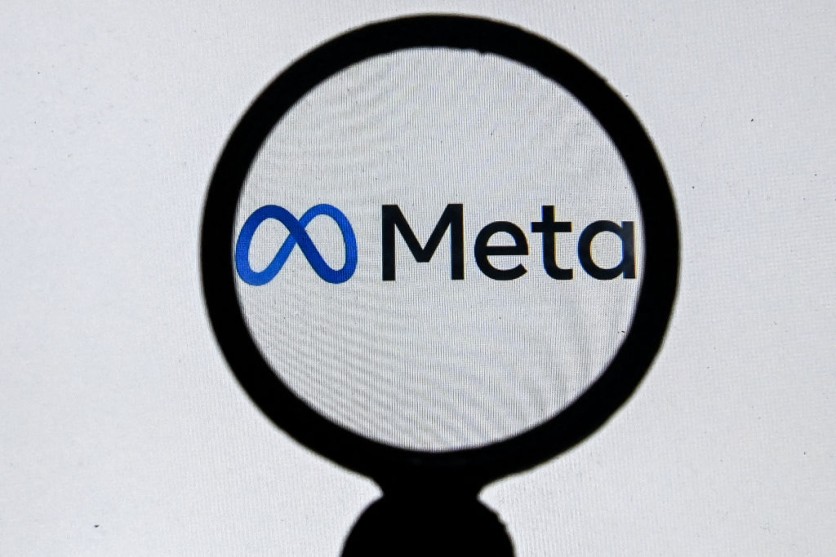Amid concerns over its handling of election disinformation, the European Union has intensified its scrutiny of Meta.
Elections are a critical component of democratic processes, and the EU is closely monitoring Meta's efforts to combat misinformation and safeguard the integrity of electoral processes across member states.

This photograph taken on October 28, 2021, shows the META logo on a laptop screen in Moscow as Facebook chief Mark Zuckerberg announced the parent company's name is being changed to "Meta" to represent a future beyond just its troubled social network. (Photo: KIRILL KUDRYAVTSEV/AFP via Getty Images)
Investigating Meta for Digital Regulation Compliance
The European Union announced it's launching an investigation into Facebook and Instagram, citing suspected violations of the bloc's digital regulations.
These violations include alleged inadequacies in safeguarding users from foreign disinformation in the lead-up to EU-wide elections.
The European Commission stated that it is initiating formal proceedings to assess whether Meta Platforms, the parent company of Facebook and Instagram, violated the Digital Services Act (DSA).
This act encompasses a comprehensive set of regulations to safeguard internet users and improve social media platforms' integrity.
Non-compliance could result in significant fines, potentially amounting to 6% of annual revenue.
Against official warnings about potential Russian interference, the Associated Press reported that European authorities are intensifying efforts to protect upcoming elections.
The June elections will see citizens from the EU's 27 member states elect lawmakers to the European Parliament, prompting heightened concerns about election integrity and foreign influence.
The inquiry involves an immediate demand for Meta to furnish details regarding its decision to cease a crucial election monitoring tool.
Meta responded, affirming its robust protocol for identifying and addressing risks across its platforms. The company expressed readiness to collaborate further with the European Commission, pledging to furnish additional information on these efforts.
Compliance with the Digital Services Act
European Commissioner Thierry Breton announced on social media that Meta is facing scrutiny over potential violations of its obligations under the DSA to safeguard the integrity of elections.
The Commission stated that it is investigating whether Meta is taking sufficient measures to combat the proliferation of "deceptive advertisements, disinformation campaigns, and coordinated inauthentic behavior" that could undermine "electoral processes" and consumer rights.
Officials raised concerns about the adequacy of Meta's content moderation system for advertisements, suggesting that it may be insufficient.
They highlighted the risk of ads created using generative AI, including deepfakes, being exploited by malicious foreign entities to interfere in elections while Meta continues to profit from them.
Experts are raising concerns regarding the potential misuse of emerging generative AI technologies to amplify the dissemination of disinformation during numerous elections scheduled worldwide this year.
The European Union has also raised suspicions regarding Facebook and Instagram's practices.
There are concerns that these platforms might be implementing shadowbanning tactics, reducing the visibility of political content from accounts that frequently post such material in recommendation feeds.
Another issue is Meta's recent decision to discontinue Crowdtangle, a tool widely utilized by researchers, journalists, and civil society organizations for real-time monitoring of trending social media content, particularly during electoral periods.
The European Commission has issued Meta a five-day ultimatum, demanding detailed information on how it intends to address the absence of such a crucial monitoring tool.
Related Article : EU Pressures ByteDance to Provide More Information on TikTok Lite's Launch in France, Spain

ⓒ 2025 TECHTIMES.com All rights reserved. Do not reproduce without permission.




